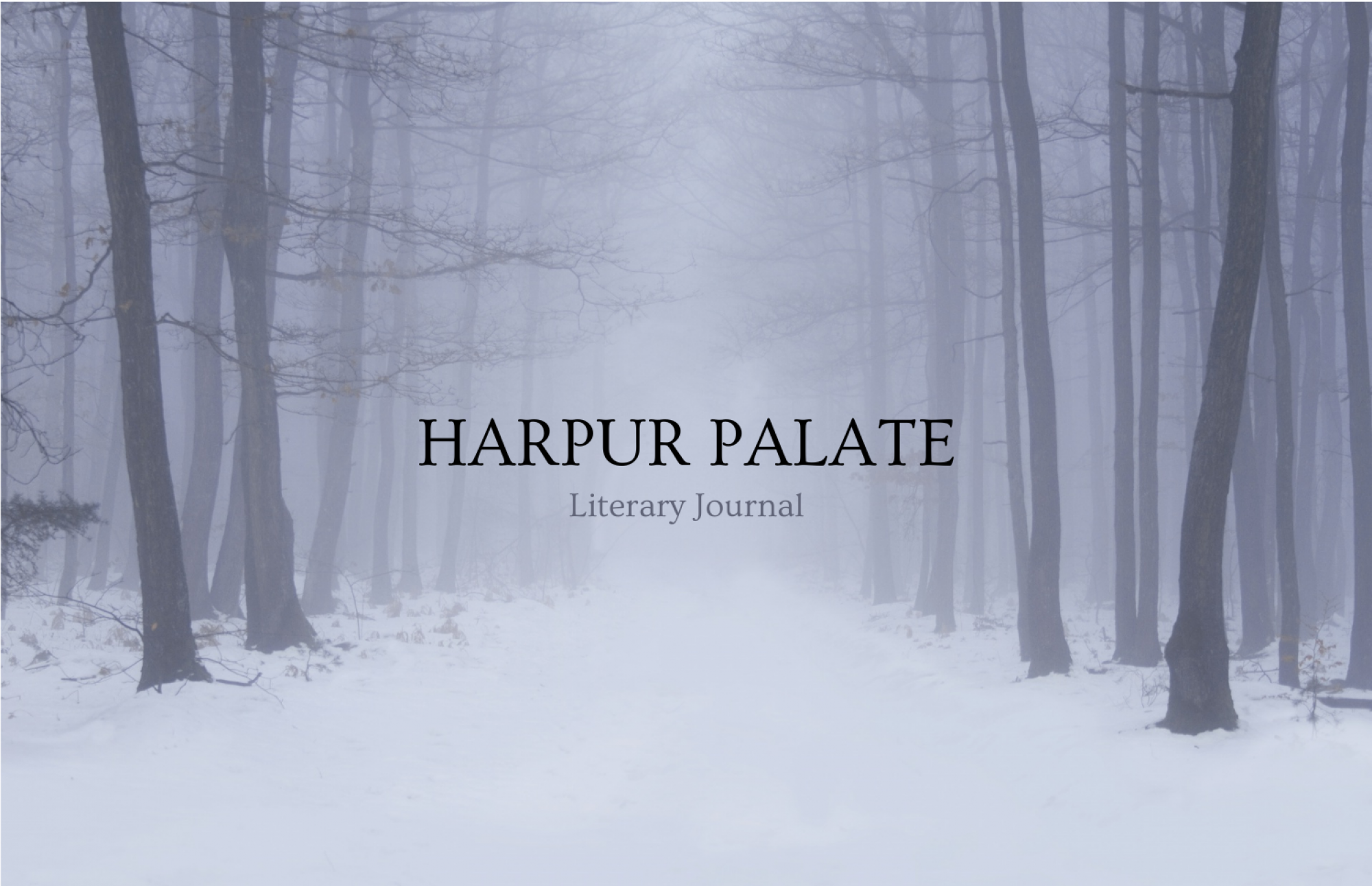[She] loved to close her eyes and put the shell to her ear—from those monstrous, salmon-colored jaws you could hear the call of a faraway country, so far away that a place could no longer be found for it on the globe . . .
—Tatyana Tolstaya, “Fire and Dust”
On the street, cars passed by in a haze of noise and exhaust, the taxi drivers stamping on their brakes and jerking the wheel to whip past whoever was slowing them down. Once, on a street too clogged to complete this maneuver, a motorcyclist had lost his helmet in the road and had stopped, briefly, to retrieve it, blocking the lane by hopping down and taking a few steps back while the taxi driver behind him, enraged, leaned violently on his horn, and there was no pity for anyone—they had ceased to exist as such, they were only obstacles. In an expensive city, they were thieves, robbing everyone around them of precious time and money.
She took the side streets, which were no better, and side-stepped broken bottles and bags of trash, and for a while, an old moth-eaten couch, worn through so deeply in places that the springs were exposed. But then another day a woman was sitting delicately on one side of it with her hands in her lap as if she were waiting for a bus. As she walked by, the woman reached toward her, almost grazing her clothes with these fingers, these cracked and broken nails. Or it might have been another day, when a woman sitting in a blanket nest on the sidewalk smiled and asked if she had a brother. That woman was wearing a tiara crusted with rhinestones, and nearby on the pavement was a clear plastic jug filled with something that looked like urine, and it had been there for days with its darkening liquid until—like the couch and the women and the hand reaching toward her—it suddenly disappeared.
There was a time, in childhood, perhaps, when she’d gone to the ocean, though that too could have been a dream—her father had been dead for many years, and there was no one left to ask—but she remembered the large, old-fashioned metal key, warming in her hand, and the floor of the motel room, gritty with sand she’d tracked inside after a long day out in the sun. While the ocean waves lapped softly at the shore, a warm wind billowed the white tulle at the open window, but that really was a dream, or something she’d read in a book, and bore no resemblance to the water that slid past her current city—hostile, torpid, discolored by chemicals, lying in wait, threatening with every storm to rage past its oily banks.
The light turned red and she paused on the curb, at the opening between the city blocks, where one towering building stopped and allowed, briefly, a view of a steep cross street leading down to the water, but she waited for the signal and followed the crosswalk to the next gray corner and slipped through the glass doors into the chilled air of the market, keeping her arms close to her body to avoid colliding with other shoppers, mindlessly pushing their carts into her hips as they stared down at their phones. Then she was out on the street again, disgorged by that gaping glass mouth, with the straps of the bags cutting into her shoulders and wrists, and past an alley, the smell of urine again, hanging on the breeze, but also the more pleasant smells from a nearby restaurant. She fumbled with the bags as she extracted her key ring and let herself into the building and managed the stairs—which seemed so different at the start of the day, on the way down, than they did now—but she shifted her arms and went up a little at a time, and at last was at the door, and as she wrestled it open, she could hear from inside the apartment the telephone ringing, and she had barely closed the door, the keys were still in her hand, but she rushed forward, knocking her leg against the end table in her haste, and answered.
Leah Browning is the author of three short nonfiction books and six chapbooks. Orchard City, her second chapbook of flash fiction, was published by Hyacinth Girl Press. Her fiction and poetry have appeared in Four Way Review, Valparaiso Fiction Review, The Threepenny Review, The Broadkill Review, The Homestead Review, Newfound, Watershed Review, and elsewhere. Browning’s work has also appeared in anthologies including Nothing to Declare: A Guide to the Flash Sequence from White Pine Press.
